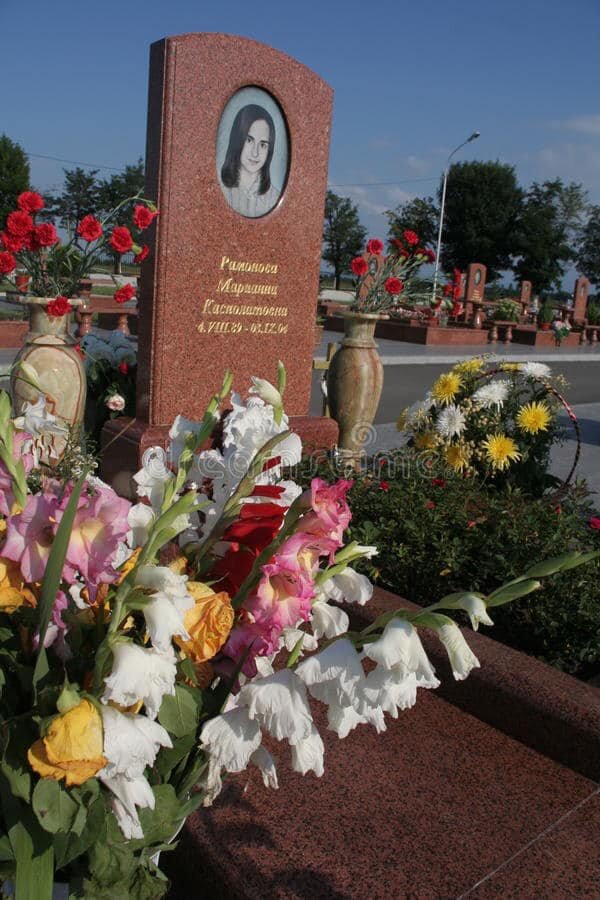Garry Kasparov at the Beslan Cemetery: A Selection from Masha Gessen’s The Man Without a Face (2013)
“In the spring of 2005, one of the world’s most famous Russians declared war on Putin. Garry Kasparov, the chess champion, the top-ranked chess player of all time and also a longtime low-profile political activist, held a press conference to announce he was retiring from chess to take on the job of restoring Russian democracy. He seemed to have what it might take: fame, money, a relentlessly logical mind combined with oratorical ability that allowed him to make politics make sense to many different kinds of people, and the stamina to campaign nonstop. He spent the summer of 2005 on the stump, and I joined him for a portion of his journey.
In Beslan, the site of the previous year’s hostage crisis, Kasparov spent an hour and a half at the cemetery. . . . Kasparov paused at every grave, reading the names and the birth and death dates (though every single person buried there was killed on September 3, 2004), and leaned down to place on each grave a red carnation from a box carried by one of his bodyguards. The pace of the visit was like that of a politician moving through a receiving line of voters, except there was no flesh to press. . . .
‘It’s lies that killed your children,’ said Kasparov, addressing the women in black. During the crisis, officials claimed there were 354 hostages in the school. In fact, there were more than a thousand. Former hostages had testified that when their captors, who were watching TV in the teachers’ hall, saw the figure 354, they concluded that the government was laying the groundwork for a storming of the building by underestimating the number of potential casualties. It was then, hostages had said, that the hostage-takers stopped giving them water. Other contested official claims included the assertion that the hostage-takers never advanced any demands—while witnesses claimed there was at least one videotape and one letter containing demands that could have led to negotiations. ‘It’s lies that form the foundation of this regime,’ Kasparov continued. ‘If the court case here is stifled, if you allow the investigation to wither, then Beslan will happen all over again. I don’t want to be in power myself, but I want those who are in power to tell me the truth. I’d force those lowlifes to come here and walk around the entire cemetery.’ He had tears in his eyes. ‘I want them to see what their lies led to. Lies!’”—Masha Gessen, The Man Without a Face: The Unlikely Rise of Vladimir Putin (2013)

